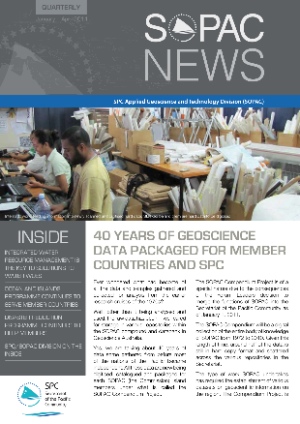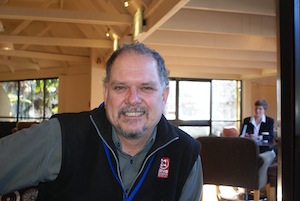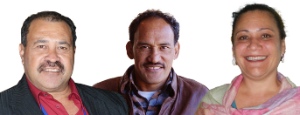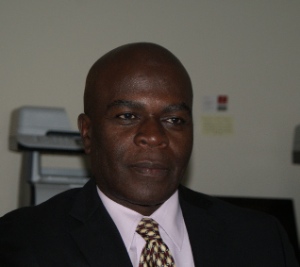Source: Matangi Tonga Online. Republished With Editor's Permission.
The Pacific Islands need to protect their deep sea minerals, Tonga's Deputy Prime Minister Hon. Samiu Vaipulu told a Pacific-ACP States Regional Workshop on Deep Sea Minerals Law and Contract Negotiations that opened at the Fa'onelua Convention Centre, in Nuku'alofa today on March 11.
Representatives of 15 Pacific States are attending the week-long workshop.
Mike Petterson the Director of SOPAC, the Applied Geoscience and Technology Division of the Secretariat of the Pacific Community (SPC), said today that the workshop will focus on the legislative and regulatory aspects of deep sea minerals.
He said the workshop is aimed at sharing information on a number of developments that SOPAC is working on, including developing legislation for the extraction of deep sea minerals. "What we want achieve is largely capacity building, as like any other economic activity, Pacific states are a little bit compromised by multinational and well-resourced companies coming in," he said.
"We need to know how to negotiate and drive a hard deal. We have to prepare ourselves as best we can by developing our negotiating skills, along with a network of people that we trust and know, and to work with industries and countries that we feel that will be responsible and want a long-term working relationship, and for our communities to benefit while the environment is protected as best we can."
Mike said some Pacific Island countries already had legislation for deep sea minerals. But it was a new thing for the Pacific Islanders to consider who has the rights to the minerals, who gains from it and how can we put in place a transparent system, while looking at the environmental issues, he said.
He said for decades the main issue had been the lack of knowledge as to where minerals are, what type of minerals are out there, as there are many deposits to discover in the ocean.
"But we are now at a point where there are few areas in the Pacific that have been identified to be attractive and that's a breakthrough. Now it is becoming an economic reality and to make sure that countries maximize the benefits, which is never easy and requires hard work so we want representatives to walk away armed with more knowledge and be aware of the range of issues we have to cope with," he said.
|
 Inside
Inside



 Pacific Island nations can now access information that could change their response to the threat of natural hazards, and indicate options for managing the financial burden of disasters.
Pacific Island nations can now access information that could change their response to the threat of natural hazards, and indicate options for managing the financial burden of disasters. 
 Common threats based on similar geography and vulnerabilities of small islands, has been a major influence on the increased cooperation between the Caribbean and Pacific Regions.
Common threats based on similar geography and vulnerabilities of small islands, has been a major influence on the increased cooperation between the Caribbean and Pacific Regions.

